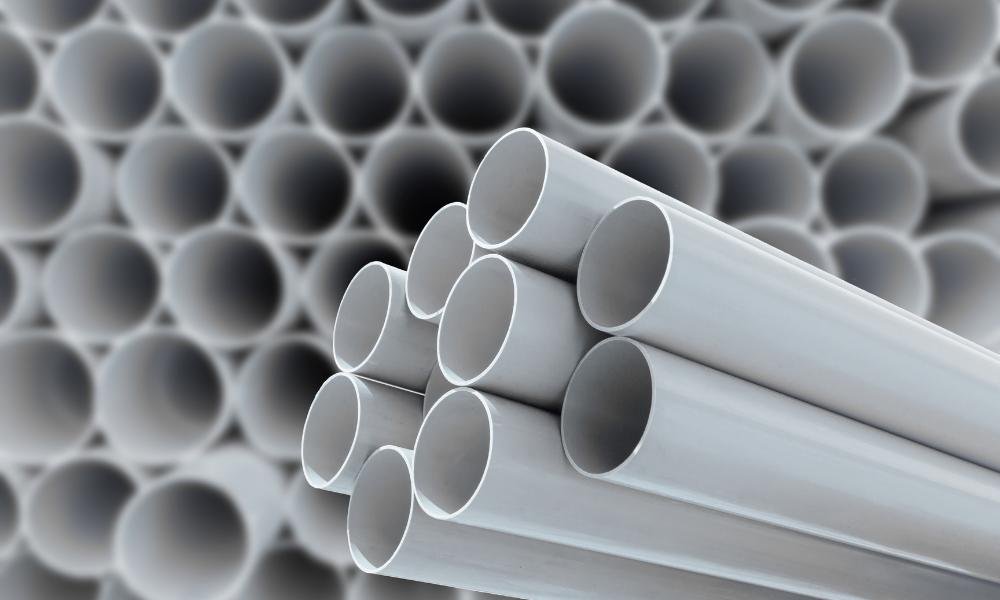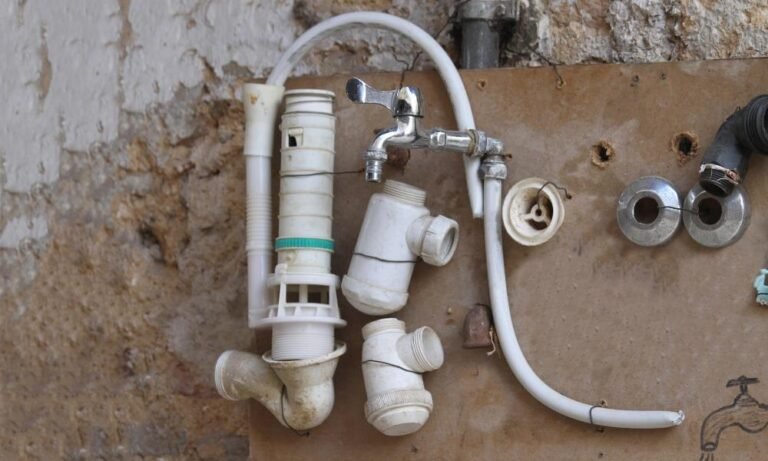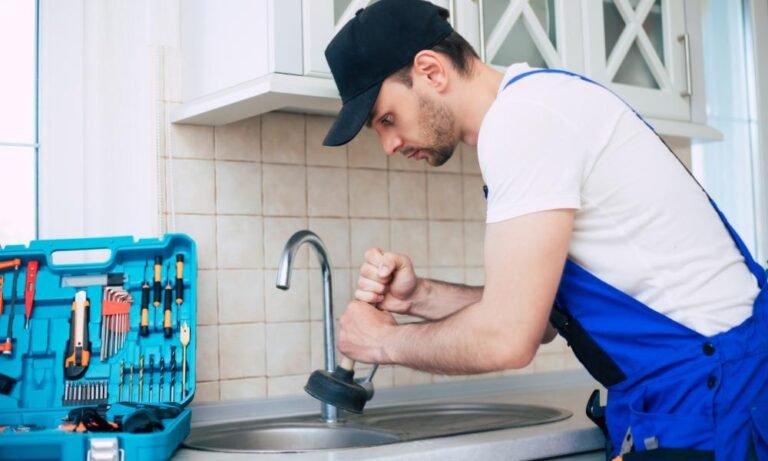Estimated reading time: 5 minutes
Plumbing pipes are the unsung heroes of our homes. They quietly carry water in and out, day in and day out, until something goes wrong. Then, they demand our full attention—and often a hefty repair bill. The good news? With a little effort and know-how, you can significantly extend the life of your plumbing system and avoid costly repairs.
Here’s what we’ll cover in this guide:
- Common causes of pipe damage and signs of trouble.
- Simple steps to maintain your pipes and prevent problems.
- When to call in the professionals.
Why Care for Your Pipes?
Let’s face it: replacing pipes isn’t cheap. Whether your home is outfitted with copper, PVC, or galvanized steel, every material has its limits. Regular maintenance can extend those limits, saving you time, money, and frustration.
For instance:
- Copper pipes can last over 50 years with proper care.
- PVC pipes typically last 25–40 years.
- Galvanized steel is more prone to rust but can last up to 50 years.
With regular maintenance, you’re not just stretching the lifespan of your pipes—you’re also ensuring your home runs smoothly.
Signs Your Pipes Need Attention
Your pipes won’t send you an email when they’re in trouble, but they do offer warning signs:
- Discolored water: Rusty or brown water is a red flag for corrosion.
- Frequent leaks: Even small drips can indicate bigger issues.
- Low water pressure: A sudden drop might mean clogs or leaks.
- Unusual sounds: Gurgling or banging pipes could be signs of trouble.
- Water stains or puddles: These often reveal hidden leaks.
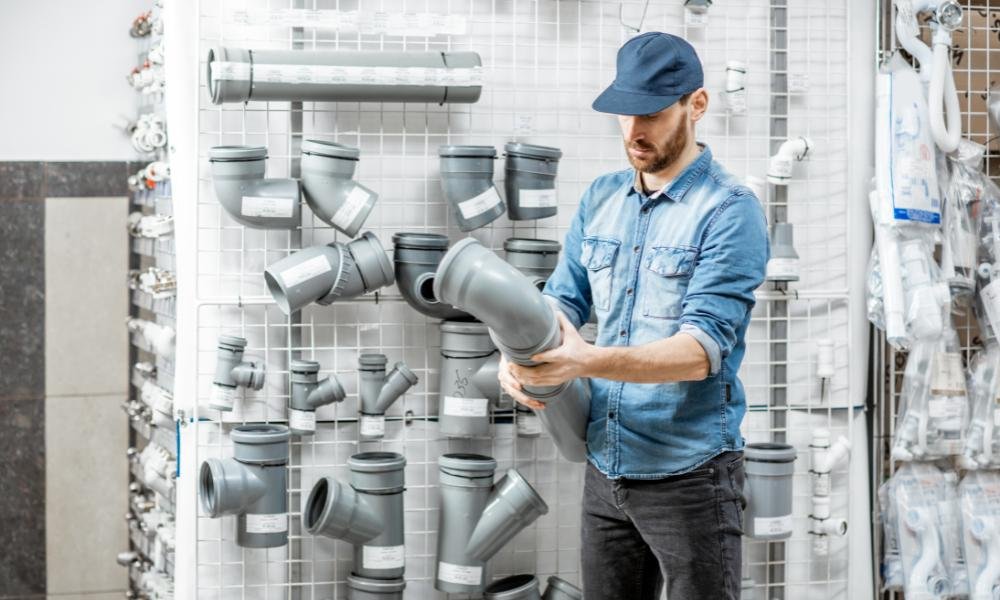
Tips to Extend the Life of Your Plumbing Pipes
Schedule Regular Maintenance
I recommend having a professional inspect your plumbing system annually. They can detect small issues before they escalate into major headaches.
Additionally, consider investing in a smart water leak detector. These devices monitor your water usage and can alert you to even the tiniest leaks, potentially saving you thousands in damage.
Monitor Water Pressure
Excessive water pressure is like a bull in a china shop—it’s bound to cause damage. Ideal water pressure should be between 40 and 60 PSI. Anything higher puts stress on your pipes, increasing the risk of leaks and bursts.
A pressure gauge is a handy, inexpensive tool to check this. If you’re unsure about your water pressure, ask a plumber to install or inspect a pressure regulator.
Protect Pipes from Extreme Temperatures
Exposed pipes are vulnerable to freezing in winter and cracking in extreme heat. Insulating your pipes with foam sleeves or wraps is a simple way to shield them from temperature swings.
Pro tip: During winter, let faucets drip slightly to prevent freezing. It’s a small price to pay for peace of mind.
Be Mindful of What Goes Down the Drain
What you put down the drain matters. Grease, oils, and food scraps can cause clogs, while chemical cleaners can corrode pipes over time.
Use strainers in your sinks to catch debris and dispose of fats and oils in the trash. For cleaning, opt for enzyme-based solutions—they’re gentler on your plumbing and the environment.
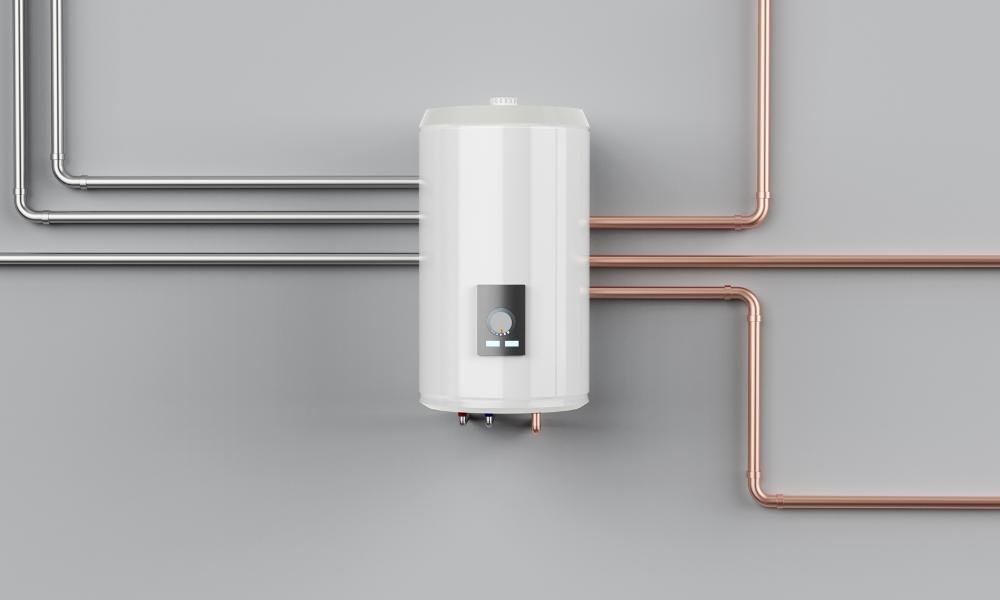
Flush Your Water Heater
Mineral buildup in your water heater can wreak havoc on both the heater and your pipes. Flushing the tank annually removes sediment and ensures the system runs efficiently.
If you’re not comfortable doing this yourself, don’t hesitate to call a plumber. Trust me, it’s worth it.
Install a Water Softener
Hard water contains minerals like calcium and magnesium, which can build up inside your pipes. Over time, this scaling reduces water flow and damages the plumbing.
A water softener filters out these minerals, protecting your pipes and extending their lifespan. It also has the added benefit of making your laundry softer and your dishes shinier.
Replace Old or Corroded Pipes
Sometimes, the best maintenance is replacement. If your home still has galvanized steel pipes or your copper pipes are showing signs of corrosion, it’s time for an upgrade.
Modern materials like PEX are durable, flexible, and resistant to freezing. They’re a smart investment for any homeowner.
Address Slow Drains Immediately
Ignoring a slow drain is like ignoring a strange noise in your car—it’s only going to get worse. Slow drains often indicate a clog forming, which can lead to pipe bursts if left untreated.
For minor clogs, plungers or drain snakes work wonders. For persistent issues, call a professional to assess the situation.
Why Professional Help Matters
While many maintenance tasks can be done on your own, some require the expertise of a professional. Plumbers have specialized tools to detect hidden leaks, assess the condition of your pipes, and make precise repairs.
Calling in a professional is particularly important for:
- Annual inspections: Catching problems early saves money.
- Pipe replacement: Ensuring the right materials and proper installation.
- Complex issues: Don’t DIY a problem that could flood your home.
The Environmental and Financial Benefits of Maintenance
By maintaining your plumbing system, you’re not just protecting your home—you’re also helping the environment. Fixing leaks and optimizing water flow conserves a precious resource while keeping your bills in check.
Consider this: A dripping faucet can waste over 3,000 gallons of water a year. Multiply that by multiple leaks, and the cost—both financial and environmental—adds up fast.
Final Thoughts
Maintaining your home’s plumbing doesn’t have to be a chore. With regular care, small upgrades, and professional support, you can keep your pipes in top shape for decades.
Remember, plumbing issues don’t fix themselves. The sooner you address potential problems, the easier (and cheaper) they are to resolve.
If you need assistance or want to schedule an inspection, don’t hesitate to reach out to a trusted plumbing professional. Your pipes—and your wallet—will thank you.
